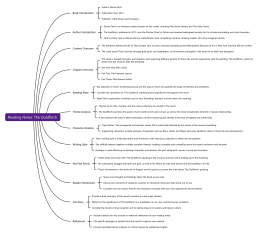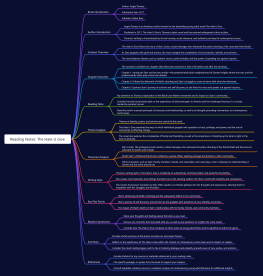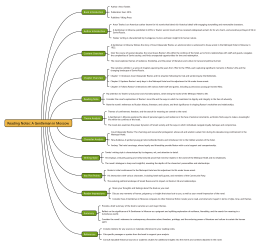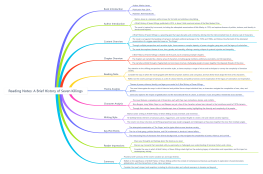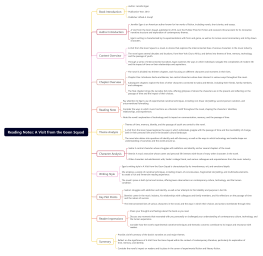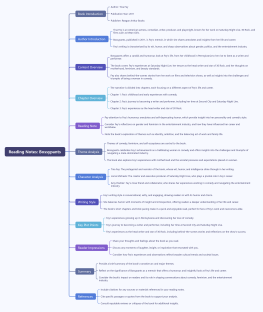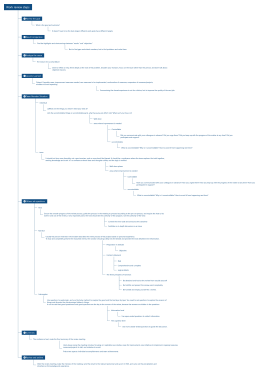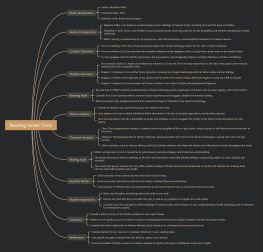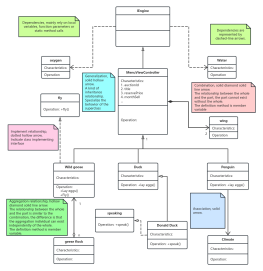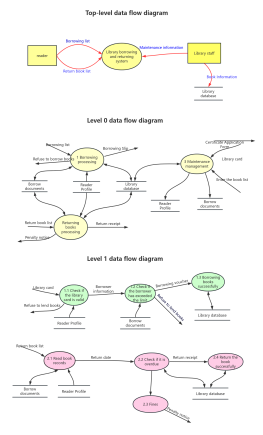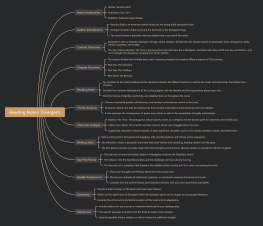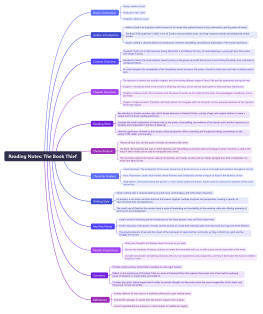The Tattooist of Auschwitz-Heather Morris: Book Summary
2024-07-19 14:30:55 0 Report
Login to view full content
Other creations by the author
Outline/Content
Book Introduction
Author: Heather Morris
Publication Year: 2018
Publisher: HarperCollins
Author Introduction
Heather Morris is an Australian author and screenwriter known for her historical fiction novels.
Published in 2018, The Tattooist of Auschwitz is Morris's debut novel, based on the true story of Lale Sokolov, a Slovakian Jew who survived Auschwitz.
Morris's writing in The Tattooist of Auschwitz is characterized by its sensitivity, attention to historical detail, and exploration of themes such as love, survival, and resilience.
Content Overview
The Tattooist of Auschwitz is a novel based on the true story of Lale Sokolov, a Jewish man who was imprisoned at Auschwitz during World War II.
The novel follows Lale's experiences in the concentration camp, including his work as the camp tattooist, and his relationship with Gita, a fellow prisoner.
Through Lale's story, the novel explores themes of love, hope, and the indomitable human spirit in the face of unimaginable adversity.
Chapter Overview
The narrative unfolds in a series of chapters that follow Lale's experiences at Auschwitz and his relationship with Gita.
Chapter 1: Introduces Lale Sokolov and his arrival at Auschwitz, where he is forced to work as the camp tattooist.
Chapter 2: Explores Lale's interactions with other prisoners, including Gita, whom he falls in love with.
Chapter 3: Delves into Lale and Gita's efforts to survive in the brutal conditions of the concentration camp, and their determination to hold onto hope and love.
Reading Note
Pay attention to Morris's portrayal of Lale Sokolov's experiences and emotions, and her ability to capture the horrors of life in Auschwitz with sensitivity and nuance.
Consider the novel's exploration of themes such as love, survival, and the resilience of the human spirit, and how they are reflected in Lale and Gita's story.
Note the novel's historical accuracy and its depiction of the everyday realities of life in a concentration camp, as well as its message of hope and humanity in the face of darkness.
Theme Analysis
Themes of love, survival, and resilience are central to the novel.
The Tattooist of Auschwitz explores the power of love and human connection to endure even the most harrowing circumstances, and the strength of the human spirit to find hope and meaning in the midst of tragedy.
The novel also examines the moral complexities of survival in a concentration camp, and the choices individuals must make to preserve their own lives and the lives of others.
Character Analysis
Lale Sokolov: The protagonist, whose experiences as the camp tattooist and his love for Gita serve as the emotional heart of the novel.
Gita: Lale's love interest and fellow prisoner, whose resilience and determination to survive mirror Lale's own.
Writing Style
Morris's writing style in The Tattooist of Auschwitz is marked by its evocative descriptions and emotional depth.
She employs a straightforward narrative voice that allows readers to fully immerse themselves in Lale's story, while also conveying the horrors of life in Auschwitz with honesty and compassion.
The novel's pacing is deliberate, with moments of tension and reflection that enhance the emotional impact of the story.
Key Plot Points
Lale's appointment as the camp tattooist and his encounters with other prisoners, including Gita.
Lale and Gita's blossoming romance amidst the horrors of the concentration camp, and their determination to hold onto hope and love in the face of unimaginable suffering.
The challenges and obstacles Lale and Gita must overcome to survive, including threats from Nazi guards, the constant risk of disease and starvation, and the ever-present specter of death.
Reader Impressions
Share your thoughts and feelings about the book as you read.
Discuss any moments of insight, emotion, or resonance that stood out to you, as well as your overall impression of the novel.
Consider how The Tattooist of Auschwitz adds to our understanding of the Holocaust and its impact on individual lives, and its relevance to contemporary discussions of memory, trauma, and resilience.
Summary
Provide a brief summary of the book's narrative arc and major themes.
Reflect on the significance of The Tattooist of Auschwitz as a testament to the human spirit's ability to endure and find hope in the darkest of times.
Consider the novel's impact on readers and its ability to educate and inspire empathy and understanding.
References
Include citations for any sources or materials referenced in your reading notes.
Cite specific passages or quotes from the book to support your analysis.
Consult reputable historical sources or interviews with survivors for additional insights into the events depicted in the novel.

0 Comments
Next page
Recommended for you
More
